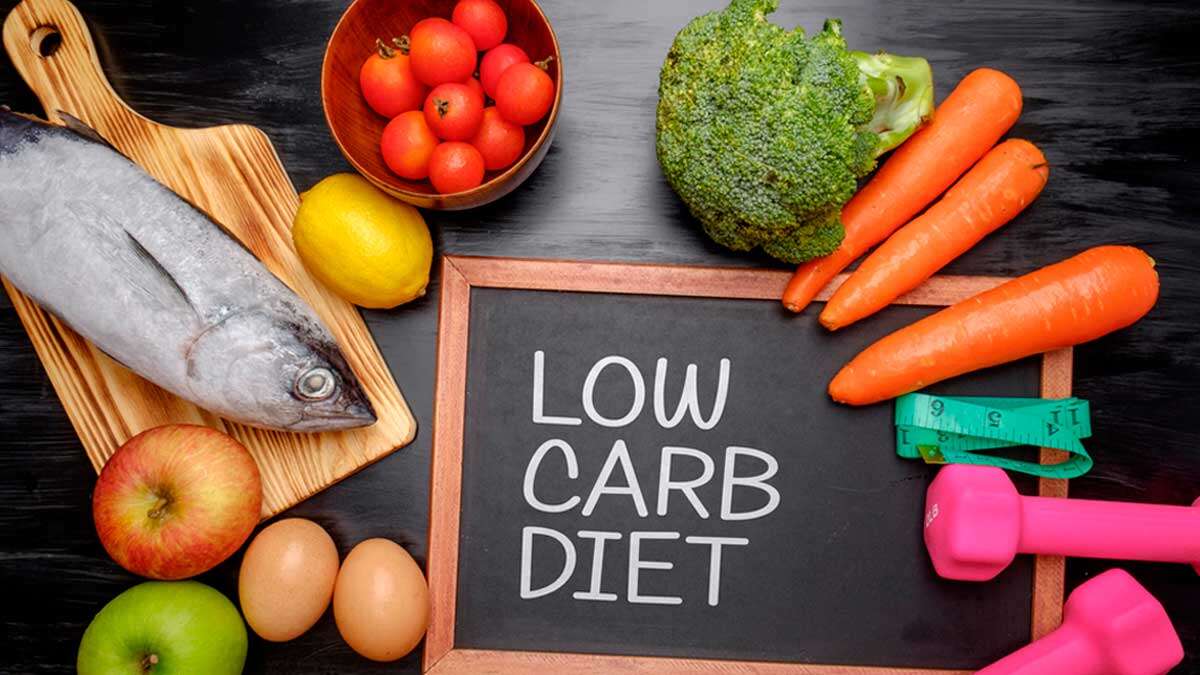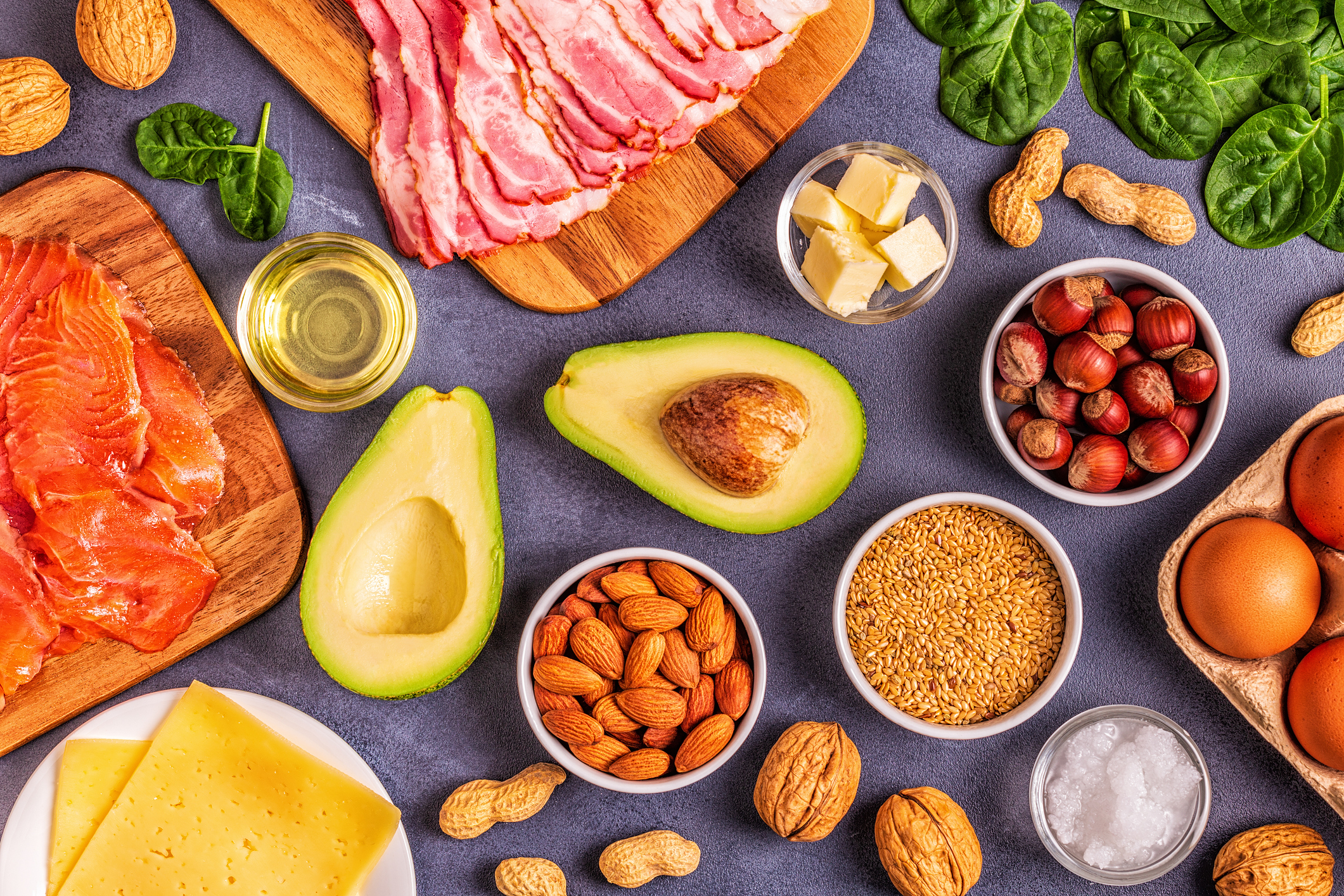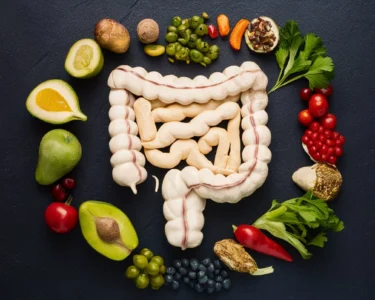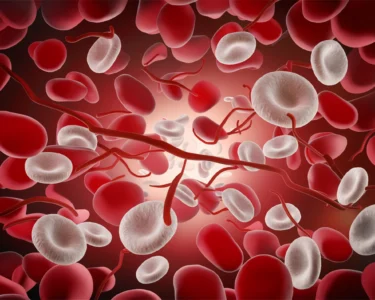Low-Carb Diet For Weight Loss
When people change their diets, it is normal to lose weight. However, it is important to keep in mind that the initial weight loss is mostly water weight.
It is also essential to get enough healthy fats, such as those found in avocados and nuts. These fats will help you feel full and regulate your appetite hormones.
Introduction to Low-Carb Diets
A low-carb diet restricts carbohydrates, primarily those found in whole grains, legumes, fruit, milk and some starchy vegetables. Instead, the diet promotes proteins and fats from meat, fish, eggs, nuts, seeds, and oils. This type of diet may also reduce fiber, which is important to gut bacteria that produce short-chain fatty acids that help with weight loss and insulin management.
Carbohydrates are the body’s main energy source. During digestion, complex carbohydrates are broken down into simple sugars, called glucose, which is used for fuel by cells in the body and brain. Extra glucose is stored in the liver and muscles as glycogen, and some is converted to fat.
The aim of a low-carb diet is to reduce the amount of glucose in the blood. There are several programs that use this approach, including the Atkins and Dukan diets. It’s important to speak to your doctor before significantly lowering your carbohydrate intake. Doing so could impact the effectiveness of medications you may be taking for diabetes, such as insulin or sulphonylureas.
Understanding Carbohydrates and Their Impact
A low carb diet is a type of eating plan that limits how many carbohydrates you eat. This can help you lose weight and improve your health by lowering your blood sugar levels and helping you reach a fat-burning state called ketosis.
While a low carb diet is effective for weight loss, it can also cause side effects. For example, it may cause you to eat more protein and natural fats like butter, which can increase your cholesterol levels and raise your risk of heart disease.
It’s important to talk to your doctor before starting a low carb diet, especially if you have any medical conditions or take medications that can affect blood sugar levels. You should also speak with your doctor if you’re pregnant or breastfeeding. In addition, a low carb diet can lead to nutrient deficiencies, particularly in vitamins and minerals. For instance, if you eliminate grains, fruits, vegetables and fortified foods from your diet, you’re at higher risk of deficiency in folic acid, a vitamin that’s essential for pregnant women and all adults.
Benefits of Low-Carb Diets for Weight Loss
Made famous by the Atkins diet and other weight loss plans, low-carb diets have been shown to help with weight loss. They also may improve other health markers, such as blood sugar, insulin metabolism and cholesterol and triglyceride levels.
However, a low-carb diet is not right for everyone and long-term adherence can be challenging. Some people may even experience a lack of energy, mental fogginess and headaches as they adapt to a new diet.
Typically, the first few weeks on a low-carb diet are when you see the fastest weight loss, but it’s important to remember that this is mostly water weight and not body fat. This shift occurs because when carbohydrates are restricted, glucose in the liver and muscles is converted to glycogen, which is bound up with water. This excess fluid can cause your scale to fluctuate and make it look like you’re not losing weight.
Aim for a moderate low-carb intake and eat plenty of protein, fruits that grow above ground, non-starchy vegetables and natural fats. Avoid highly processed foods, such as sugar and refined carbohydrates, breads, pastries and biscuits.
Foods to Eat and Avoid on a Low-Carb Diet
Getting started on the right foot with a low-carb diet requires choosing healthy foods and being mindful of portion sizes. A properly planned low carb diet plan can help you lose weight and feel satisfied with your meals.
During digestion, carbohydrates are broken down into simple sugars that the body uses for energy. Any extra glucose is stored in the liver and muscles, and some is converted to fat. By limiting carbohydrates, the body is forced to burn stored fat for energy, which results in weight loss.
The most common carbs to avoid on a low-carb diet include white bread and pasta, cookies, cake, candy, soda and fruit juice. Other carbs to limit are grains like quinoa, corn and rice, starchy vegetables, such as potatoes, and legumes, such as beans.
Incorporating lean protein, fruits, vegetables, whole grains, healthy fats (like olive oil, avocado and nuts) and dairy into the diet can provide you with the nutrients you need while reducing your carb intake. Be sure to drink plenty of water, too, as it can help prevent bloating and constipation caused by the reduction in carbs.
Sample Low-Carb Meal Plan
A person can easily follow a low-carb meal plan by eating a mix of proteins and healthy fats. This can include meats, fish, eggs, dairy products, and nuts. Non-starchy vegetables are also good choices because they contain minimal carbohydrates and are a rich source of fiber. A person should avoid foods high in carbohydrates, such as grains and sugary drinks, and limit intake of saturated fat and sodium.
A low-carb diet can help a person lose weight and improve blood sugar control, but it is not a one-size-fits-all approach to weight loss. It is important to work with a doctor or dietitian to develop a plan that fits the person’s lifestyle and dietary needs.
If you’re interested in learning more about low carb meals, we’ve rounded up a few delicious breakfast, lunch, and dinner ideas that can help you cut back on carbs without sacrificing flavor. Try some of these recipes for a week and see how you like them. You can also use our interactive Meal Planner on Diabetes Food Hub to create a meal plan that works for you.
Tips for Success and Overcoming Challenges
A low-carb diet requires you to restrict carbs and replace them with proteins (like meat, fish and eggs), vegetables and healthy fats (like avocados, nuts and olive oil). It may also require you to limit starchy foods such as potatoes, beans, lentils and sweetcorn. In addition, you’ll likely need to avoid sugary foods and drinks like sugary soft drinks, fruit juices and cordials.
During the first few days of a low-carb diet, it’s common to experience a period of discomfort. This is likely due to an initial drop in blood sugar levels and the withdrawal of high-carb foods. It’s important to stick with the diet and remember that this discomfort will pass.
A good way to stay motivated is to find support from others who are following the same eating plan. This can be done by asking for help from a healthcare professional or seeking out other people who are following a low-carb diet online or in person. It’s also a good idea to set clear goals from the start so that you can refer back to them when your motivation starts to fade.
Potential Risks and Considerations
Cutting out carbohydrates can lead to a range of health issues, including deficiency in important vitamins and minerals. It can also make existing health conditions worse, such as heart disease and certain cancers. It is important to get professional guidance from a medical expert and a nutritionist before making major changes to your diet.
The brain needs sugar from healthy carbohydrates for proper function, and this can be lacking on a low carb diet, leading to confusion and irritability. The diet is also low in fiber, which can contribute to constipation and negatively impact the microorganisms in the digestive tract.
In addition, eliminating legumes and whole grains can cause a deficiency in protein and fiber, as well as increased levels of saturated fat in the diet. Some people may need to take supplements to address these issues. In general, the health benefits of a low-carb diet outweigh these potential issues, but it is important to seek expert advice before making any significant changes to your diet. This is especially true if you are trying to conceive, pregnant or breastfeeding.
Conclusion
A low-carb diet is an eating plan that limits carbohydrates. It can be used on weight loss and for people with other health conditions, such as type 2 diabetes, fatty liver disease, high triglycerides, or metabolic syndrome (a group of risk factors that includes excess belly fat).
Many different types of low-carb diets exist, such as Atkins, Dukan, and Banting, each with varying carbohydrate limits. Regardless of the specific plan, it’s important to track carbohydrate intake using a nutrition app or a food journal. In addition to limiting carbohydrates, these diets also encourage protein and healthy fats, including olive oil, fatty fish, nuts, and avocado.
As with any diet, it’s important to speak with your doctor before starting a low-carb diet. They can help you decide if the diet is right for you, and recommend appropriate supplements to help meet your nutritional needs. They may also be able to recommend a registered dietitian to provide additional support and guidance. They can also review any potential long-term health risks, such as ketosis or cardiovascular and kidney problems .






